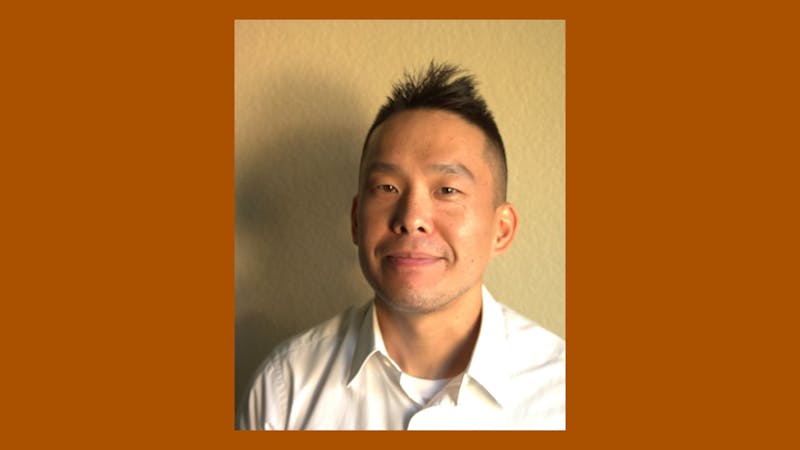
When postdoctoral fellow Alex Jong-Seok Lee conceptualized his course in Asian Studies last fall, he went back and thought about previous conversations with students about the kinds of courses they would be interested in. Although there are several courses in Asian American Studies at Rice that focus on ethnicity, health, class and gender, students had brought up one issue that wasn't covered in-depth: race in Asia.

Fifty-six years ago, just as Rice University began to desegregate, student Raymond L. Johnson wrote a remarkable letter to the university’s president. Johnson was the first Black student to enroll at Rice, and his presence sparked a lawsuit by alumni demanding that Rice only educate white students. School officials requested that Johnson and other Black students keep a low profile and stay out of the media during the lawsuit, but Johnson’s letter to the president brought the painfully slow progress of integration under light — and questioned the dubious timing of introducing tuition the same year Rice began accepting Black students. This letter is just one of many documents discussed in The Task Force on Slavery, Segregation and Racial Injustice’s new podcast and webinar series.
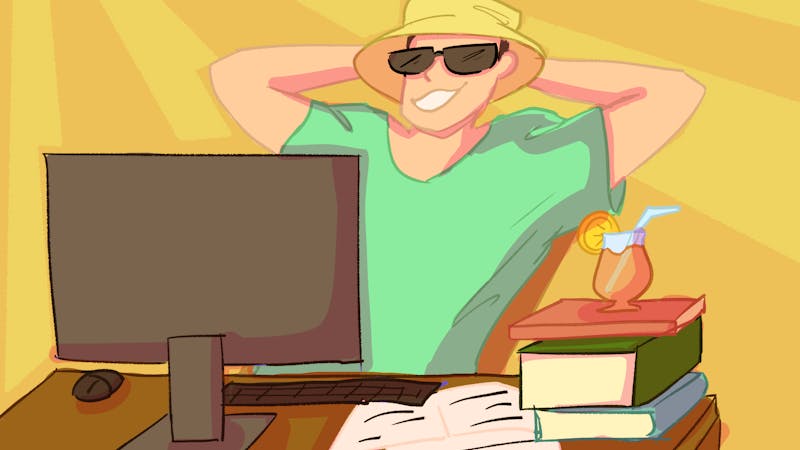
The internet is a wonderful and weird place. And since, especially now, we’re forced to spend almost the entirety of our day online, why not use the internet for ways to take new and creative study breaks? Here is a list of websites that can help you feel better while studying or while taking a break from it.

Last week, hundreds of Rice community members received the second dose of the Moderna COVID-19 vaccine following the spontaneous vaccine clinic during the February winter storm. Few may have known that a Rice alumnus, Barney Graham (Will Rice College ’75), was the mastermind behind the vaccine’s messenger RNA sequence entering their cells.

sAfter doing a computational chemistry project remotely while campus access was limited last summer, Will Rice College junior Hallie Trial returned to campus lab work in August. At the Ball Lab, where she investigates the synthesis of boronic acids and water, Trial is masked, physically distanced from fellow researchers and, sometimes, reusing gloves — a practice not normally recommended, she said, but necessitated by pandemic shortages of personal protective equipment.
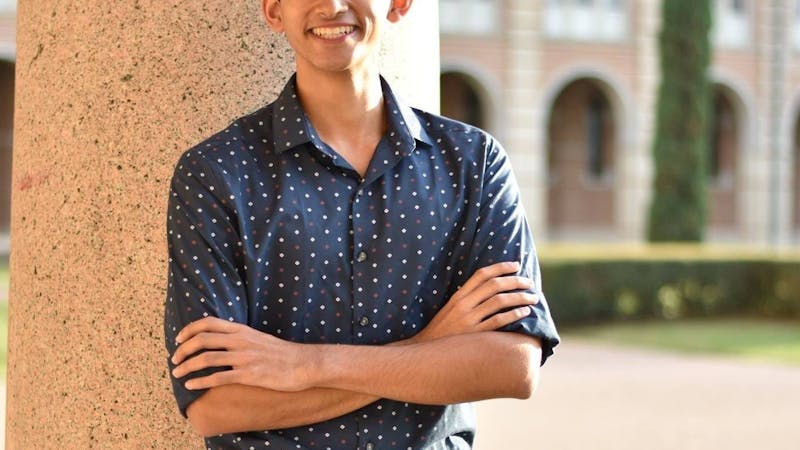
When Nitin Srinivasan began his first semester at Rice, he knew that he was interested in medicine. Beyond that, the Hanszen College senior didn’t know what exactly he wanted to pursue. It was during that first semester of freshman year that Srinivasan determined what direction he wanted to take his interest: the world of psychology.
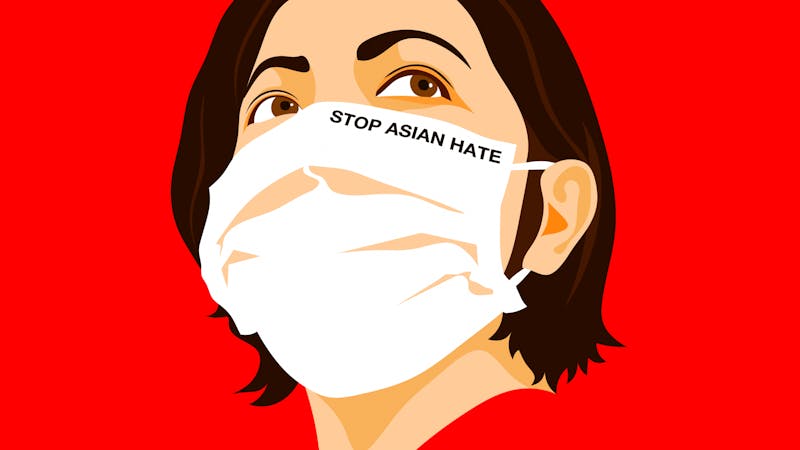
Over the last year, racist violence and hate crimes against Asians have spiked sharply, with Asian American women bearing the brunt of them. Last week’s Atlanta-area spa shootings of eight people, mostly Asian women, by a white man, was a horrific incident in a long line of hate crimes against the Asian community in the United States and beyond.
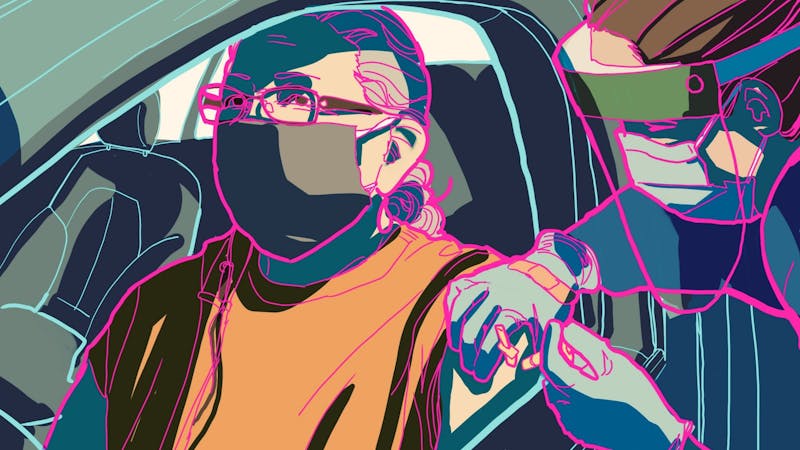
After Governor Greg Abbott lifted the state-wide mask mandate for Texas on March 10, getting a COVID vaccine has become more important than ever to many Rice students. An impromptu vaccine drive was held at Rice’s East Gym during the winter freeze a few weeks back, but only around 800 doses were available. Students ran across the icy campus and stood in 20-degree weather for hours to try and receive a vaccine, but there just weren’t enough for everyone. Because many were unable to get the vaccine during that time, Rice students have recently been scheming for other ways to get their hands — or arms — on a dose.

Lia Pikus is no stranger to the intersection of seemingly unrelated passions. As a recipient of the Thomas J. Watson Fellowship, a grant that allows graduating seniors to pursue an independent study project outside of the United States, she is bringing together two passions of hers — music and prison abolitionism — for her project “Beyond the Bars: Music’s Role in Reimagining Punishment.” At some point in the near future, she will be setting off to observe inner-carceral music programming first hand and experience musical community on a global scale.
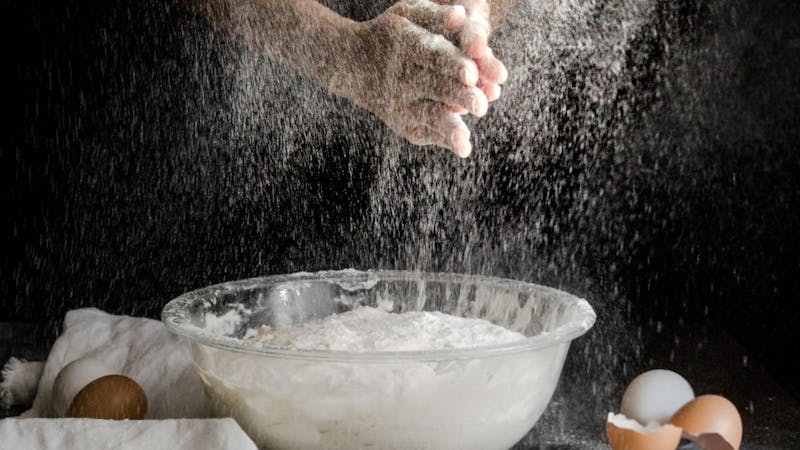
Scrolling through Instagram a year ago, I remember feeling like sourdough bread was suddenly everywhere. When COVID-19 lockdowns first went into place, people were spending more time at home than usual. Many took up baking and cooking — then shared their creations online. At the beginning of the pandemic, four Rice students started food-related Instagram accounts showcasing their recipe development, dietary choices, fitness and wellbeing. A year into the pandemic, we talked to them about their passion for food, the challenges they faced and the rewards they’ve gained in the last 12 months.
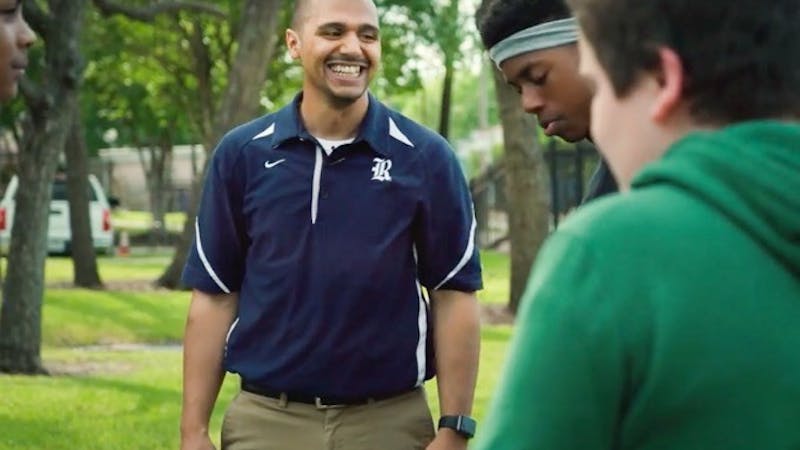
How many Rice students can say they have experienced Houston? To say they have truly stepped beyond the tree-lined dome that encapsulates Rice’s campus, and ventured beyond the bubble that keeps students shut in and the realities of Houston out? (Rice Village doesn’t count.) Rice’s Community Bridges fellows are among the students who can answer that question with a resounding yes.

Baker College sophomore Lily Sethre-Brink’s grandfather was named Willis, but she called him Grandpa Will. He was stern but witty, she said, and they would always make blueberry pie together. He did a mean Cookie Monster impression, and when Sethre-Brink was a little kid, she would pretend to fall asleep in his lap so that she could stay in his arms longer. And he always loved to hear her sing.

The past few weeks have been marked by harrowing anniversaries. Feb. 29 marked one year since Rice Crisis Management alerted the Rice community that a staff member had possibly been exposed to COVID-19 during overseas travel. March 3 was the anniversary of Rice canceling international travel over spring break and suspending all other foreign travel, and March 8 marked a year since classes, Beer Bike and other major events were initially canceled. On March 11, 2020, the World Health Organization declared the COVID-19 outbreak a global pandemic.
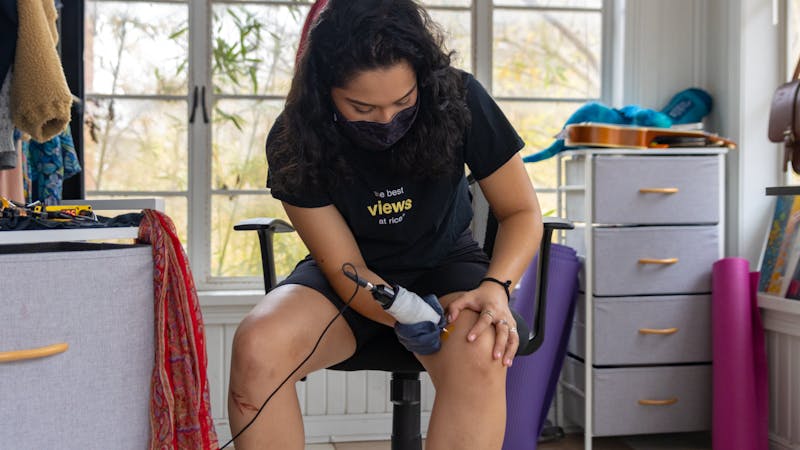
Last spring, when many of us were learning to bake bread or dedicating our time to TikTok dances, Adriana Amaris sat with a tattoo gun buzzing against the peel of an orange. With sunlight coming in through her windows as she works, she says that tattooing herself and listening to music has become a form of self-care. Moving from oranges to her own skin to tattooing others, Amaris has steadily grown her confidence, skills and the number of people with her work etched onto their bodies.